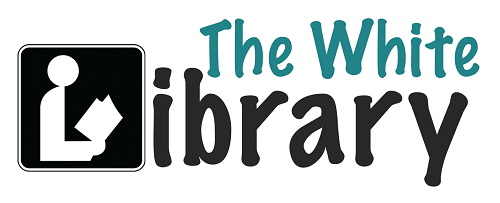
Due to a number of factors, including budget restraints in both educational institutions and on behalf of the individual, transcribing audio and video materials that would benefit the research process are often given a backseat, or are offloaded onto inexperienced interns or low-quality outsourcing firms.
Transcription is a vital part in the qualitative research and analysis of language data. The use of transcription in qualitative research has made the process of interpreting data very easy for researchers. It has further assisted interviewers by allowing them to read, analyse and interpret the information with ease, with text that is precise as well as being easily understandable.
Compliance Standards
For those working in legal or medical sectors, compliance with document format standards and transmission of sensitive data should be at the forefront of your research endeavours. In recent years, data leaks, hacks and the accidental disclosure of information has continued to be a point of emphasis for legal, academic and medical institutions. The importance of ensuring that your work is compliant with industry standards cannot be overstated.
Even if you are working in academic circles, and don’t yet have any experience in the professional world, staying compliant with these standards is paramount to your future success, and is a positive professional habit to build. Using trusted transcription services will give you confidence that your transcripts adhere to confidentiality agreements. Therefore, you can relax in the knowledge that your documents are safe and secure.
Research & Interpretation
Academic research is commonly divided between 2 types (1.primary and 2.secondary). It’s important to focus on primary sources before using your secondary information to better support your argument, or to further flesh out your research with the relevant context. However, as many researchers will agree, seeing beyond the forest to the trees can be difficult – this is especially true when it comes to filtering through so many types of material. Having text-based formats of all your materials can help you to better identify and prioritise these research sources, in order to improve your final product and achieve greater results.
Transcripts are key in the interpretation of data, being able to read the text which directly relates to the research makes it a lot easier to collate all the data and to structure it in a more efficient way.
Source of Reference: Improve Your Interview Questions
Taking notes during the interview might mean that the interviewer misses out on key pieces of information; strict verbatim transcription allows the interviewer to listen back over the interview and interpret what has been said more efficiently and effectively.
For those who are in the habit of conducting one-to-one research interviews, you have a lot of data to handle when the time comes to sit down with your subjects. Aside from actually performing the interview, you need to ensure that your recording device (and its backup) are operating correctly. Also, make sure that you’re moving naturally between your questions, and taking notes.
Time Saving & Quick Reporting
Interview transcriptions are not oriously time-consuming, forcing you to spend hours parsing through each recording, rewinding often & typing fastly as humanly possible. The average person speaks at about 160 words per minute and types around 40 words per minute, the time it takes to go through each transcription project can be painstakingly and costly.
The processes surrounding the transcription of qualitative data has made the browsing of such data much faster – it allows a researcher to use computer commands such as “ctrl-f” to find specific information contained within the transcript without having to waste time going through the whole audio file.
Choosing Between Verbatim and Non-Verbatim
Dependant on nature of your research, it might critical for your chosen transcriptionist to include various turns of phrase, grammatical errors, mumbles & pauses within conversation, lecture or interview. When seeking out transcription services, look in detail at their offerings. A verbatim transcription of will include previously mentioned tics & details that might prove to crucial to your findings; whereas non-verbatim transcription that corrects those issues and eliminates background details might be more beneficial to your needs.
